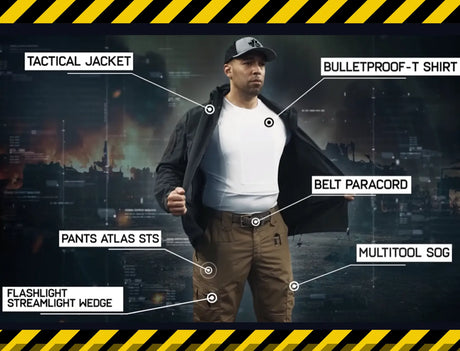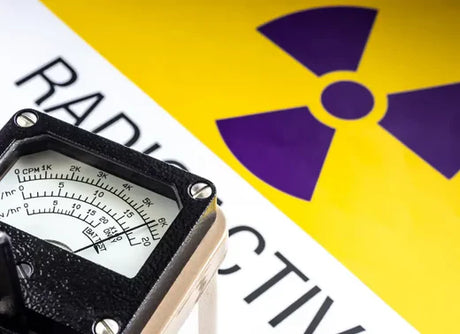After society crumbles, it’s all well and good to imagine yourself as a lone wolf in the woods surviving off of your own labour, but we need other people to truly thrive. In this series of blogs, we will explore fundamental skills for maintaining a healthy community of people in a high-stress environment. Stay tuned to learn more essential skills for post-collapse success.
De-Escalation is necessary for a high-stress environment.
De-escalation is already a term that you might be familiar with––even if it’s more in theory than in practice. Avoiding violence is a necessary part of creating a community that can work together to achieve its mission. In a post-collapse scenario, many of the tethers that connect us in day-to-day life (like the nation-state, habits, and convenience) are going to be unavailable. While humans are inherently communal, that does not mean that building healthy communities is easy.
De-escalation is necessary for any group of survivors to maintain calm and work together productively in a high-stress environment where resource scarcity, conflict, and a lack of stability are common features of everyday life. 
5 essential de-escalation techniques for post-apocalypse communities
1. Keep a calm and neutral composure
One of the most important factors for de-escalation is remaining calm and acknowledging the feelings of the heightened person. Respond to aggression not by telling them to stop the behaviour but by having firm boundaries and open acceptance of frustration. Your tone and body language should remain neutral and non-aggressive.
- Keep hands unclenched and palms open and facing up
- Maintain an even tone of voice
-
Stay at the same or lower height as the angry person
2. Maintain personal space
Proximity can often trigger increased violence and aggression. Try to remain at a safe distance from the aggravated party and allow them the option to exit the situation. Anyone who feels trapped will respond aggressively, the option to flee easily needs to be viewed as available –– even if it is an illusion.
3. Create a space for people to make decisions
When managing aggression, it is critical to create a space where the person can think, reflect, and make decisions without a time constraint. Not only does this allow people a space to calm down, but it also reinforces their autonomy and reminds them that their reaction does not suit the environment. When angry, our body perceives the environment as a direct threat. Allowing people to determine there is no threat is a key part of de-activating their nervous system.
4. Listen actively
Even in distress or anger, people will try to communicate what they need from you. Try to focus on why they are angry or upset instead of the reactive thoughts they are likely to use in their elevated state––such as insults and over-reactions. Understanding is a skill that is built rather than inherent. You can practice active listening by:
- Reframing statements to ensure you understand what is being said
- Asking questions instead of giving orders or advice
- Listening to what is being said instead of formulating a reply
-
Notice their body language
5. Try to move to a private area away from the conflict source
If possible, it is valuable to move the person away from the source of conflict or to an area where it is easier to get control of the situation. Try to take people away from the people or person they are in conflict with or away from a public area. A quiet space is less stimulating and therefore easier to manage.
Decision making is affected when you’re angry.

Anger overrides the cerebral cortex (which is responsible for logic) and allows the body’s limbic system to take over. This triggers the flight or fight response and, while useful in surviving an active threat, is not healthy or useful in negotiating with others.
In a post-collapse community, the tolerance for otherwise mundane events decreases significantly. The stress levels are considerably higher and can create an environment rife with aggressive interactions. Learning to understand, manage, and mitigate aggression is a necessary skill for good decision-making and healthy societies.
4 key reasons to manage anger:
- Anger triggers the limbic system making us impulsive
- Sustained anger and stress are damaging to the body
- Negotiation and strategy require a calm mind
- Conflict negotiation is an essential skill
How does de-escalation help maintain post-collapse communities?
If you’ve seen any movie about the looming apocalypse, you know that inter-group dynamics and personalities are a major source of conflict. In an environment where you need to make fast decisions that can affect the entire group, there is less tolerance for errors in judgement.
The fact is that when you are in a reactive mindset, you cannot formulate good decisions based on sound strategy.
When you practice good conflict mitigation, you create an environment where survival is that much more likely and achievable. Living together creates an environment that can allow you to thrive, but learning how to negotiate is an essential part of maintaining good relationships with fellow survivors.










